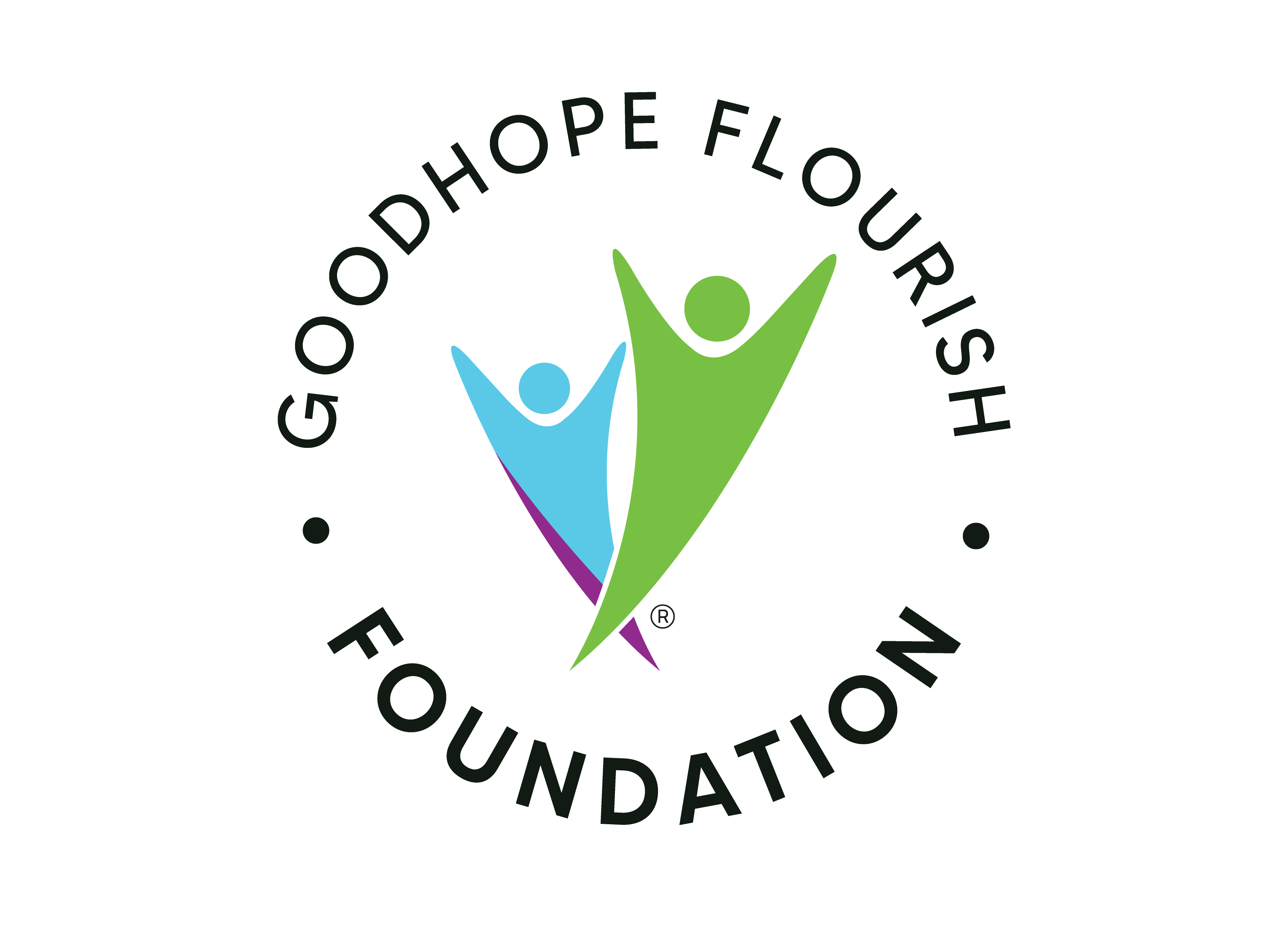The Challenege
40 Million
830 women
830 women die each day as a result of preventable complications relating to pregnancy. According to African Journal or Reproductive Health (sept. 2017)
According to a 2015 UNICEF report, one in four girls and one in ten boys in Nigeria had experienced sexual violence before the age of 18. Over 31.4% of girls said their first sexual encounter had been rape or forced sex of some kind.
Nigeria’s unemployment rate as of Q2 2020 was 27.1%, indicating that about 21.7 million Nigerians remain unemployed of the labor force. Nigeria’s combined unemployment and underemployment rate was 28.6%, with a total of 55.7% of the labor force affected. This data was published in a recent report by the National Bureau of Statistics. Nigeria’s unemployment rate was 23.1% in Q3 2018, confirming a 4% increase between then and Q2 2020.
Over 13.9 million people aged between 15 and 35 years are unemployed, with 7.6 million of this subset doing nothing.
Women continue to bear the brunt of the bad economy, with 12.2 million out of the 27 million currently unemployed.
About 2.9 million of the total unemployed Nigerians are graduates and post-graduates.
In a surprising finding, out of the 35.5 million Nigerians who are fully employed, 28.8 million never attended school (6.29 million) or did not have a tertiary education (22.5 million). In fact, an astonishing 40 million fully employed people in Nigeria have a senior secondary school certificate.

Join Us
Join us today to get our Newsletters and become a Member of the GoodHope Flourish Foundation team.
